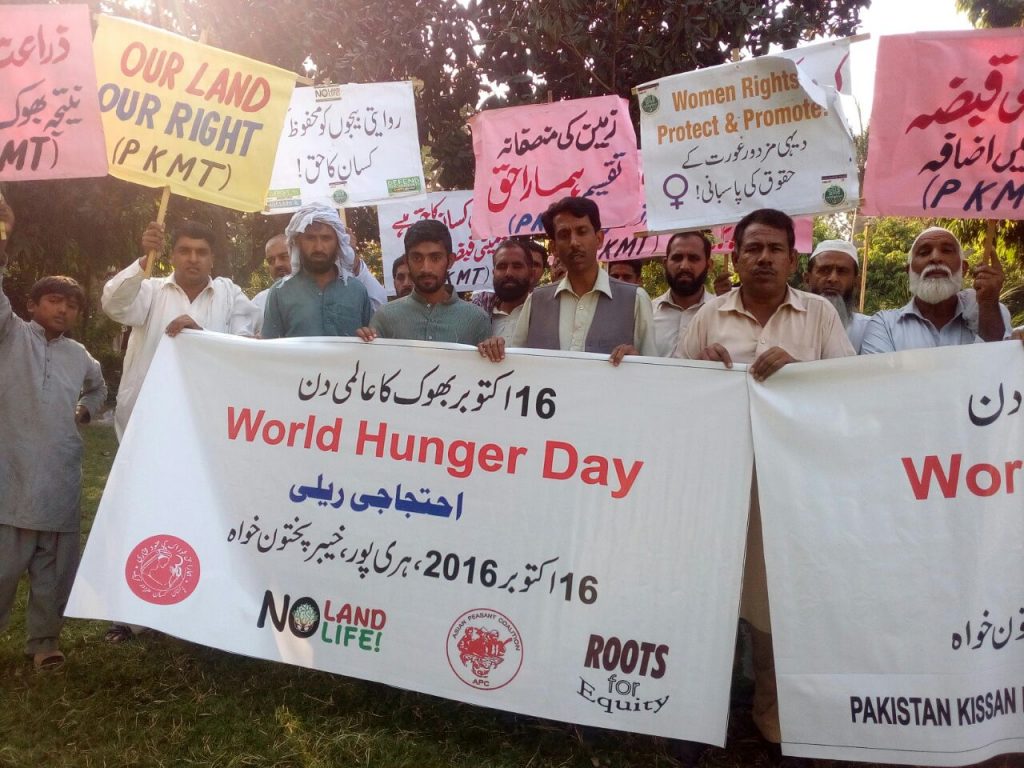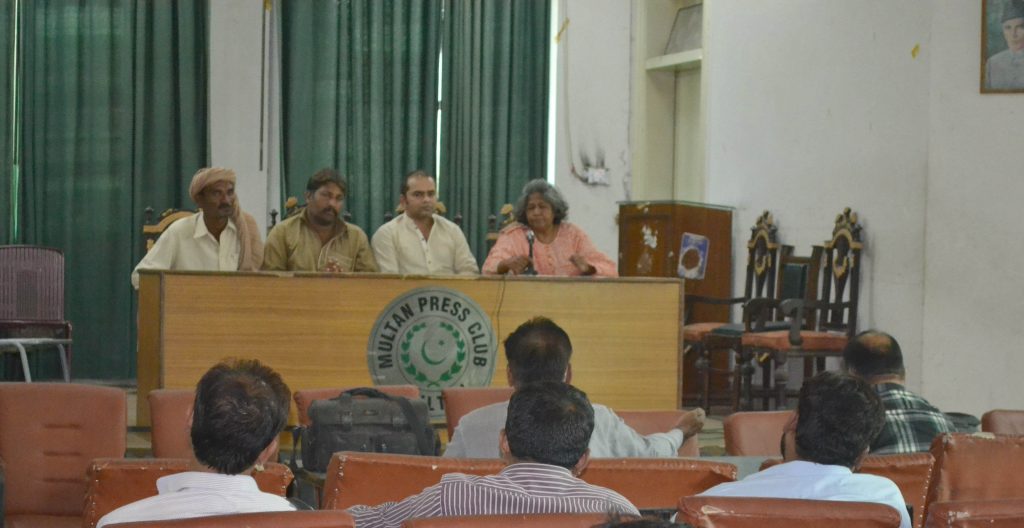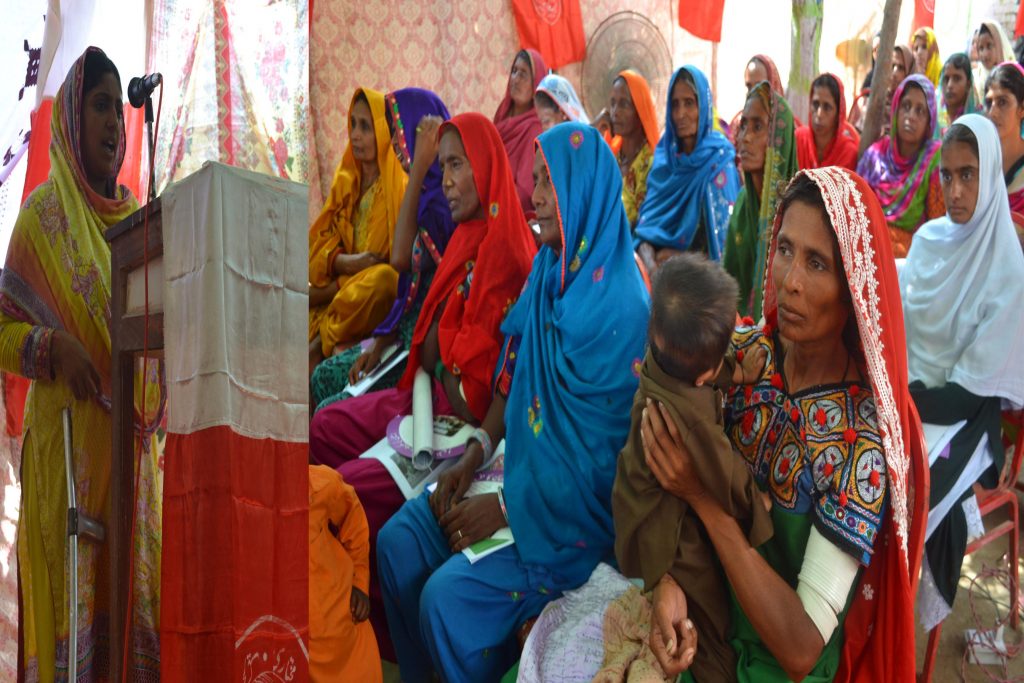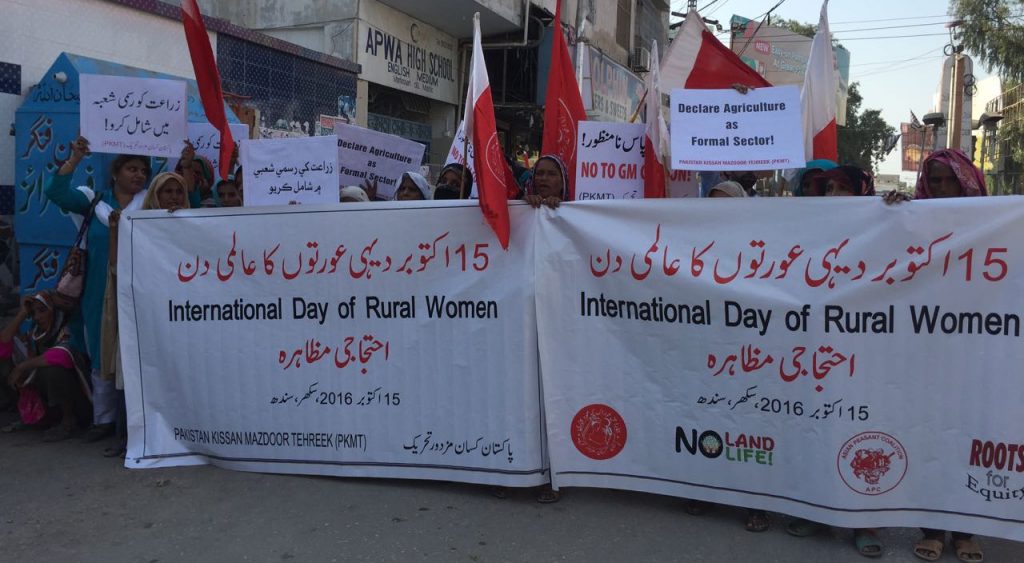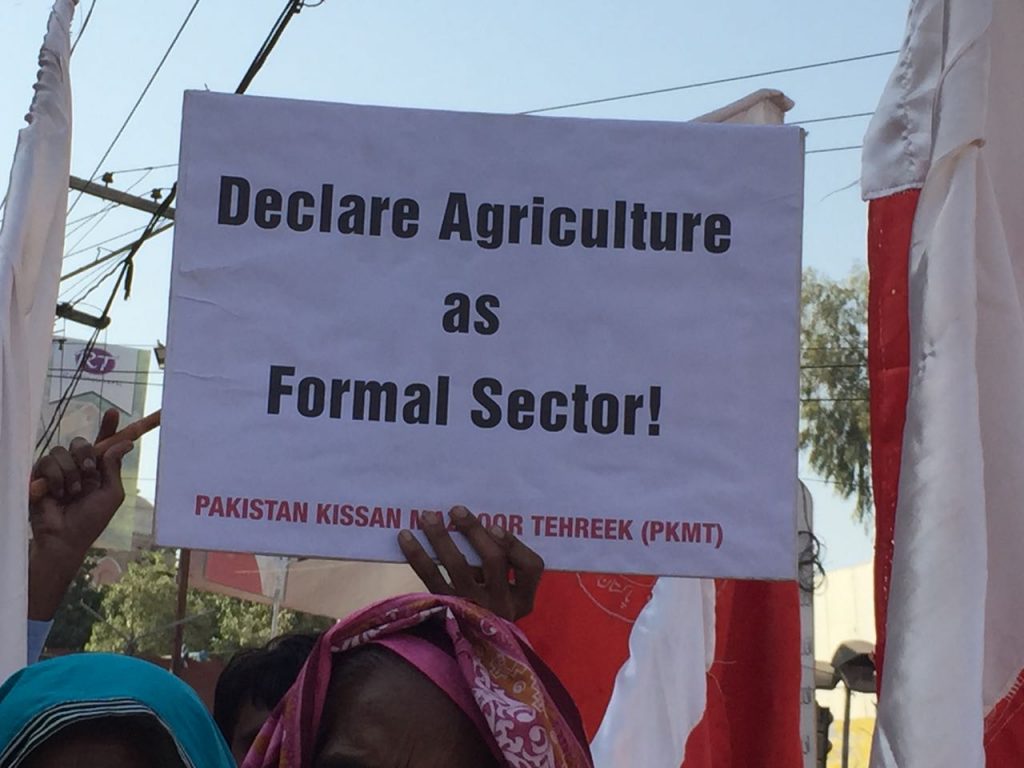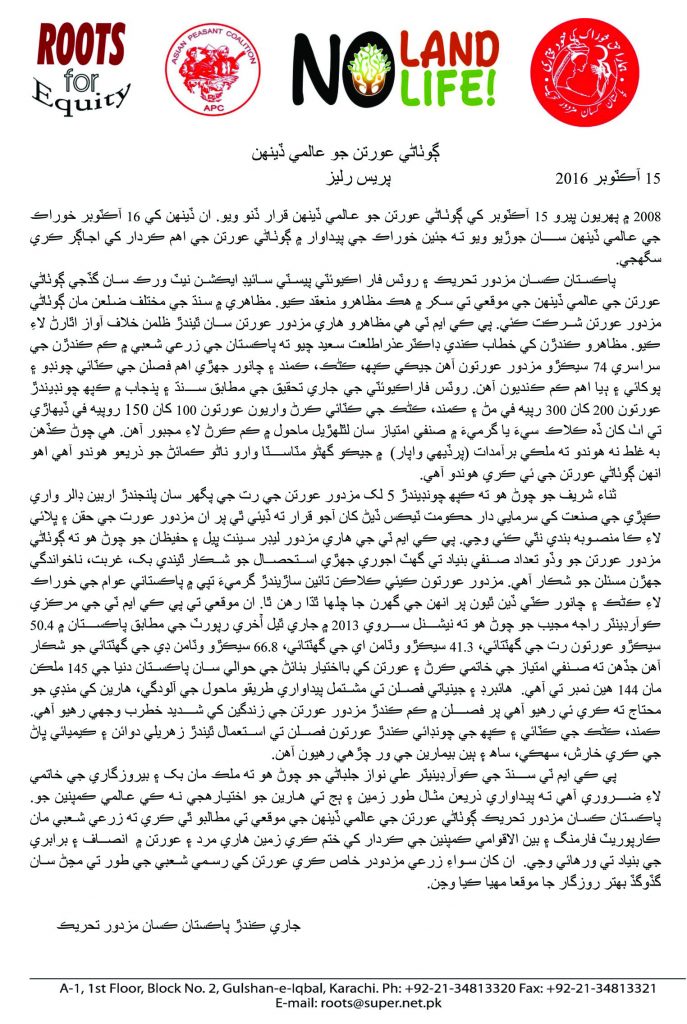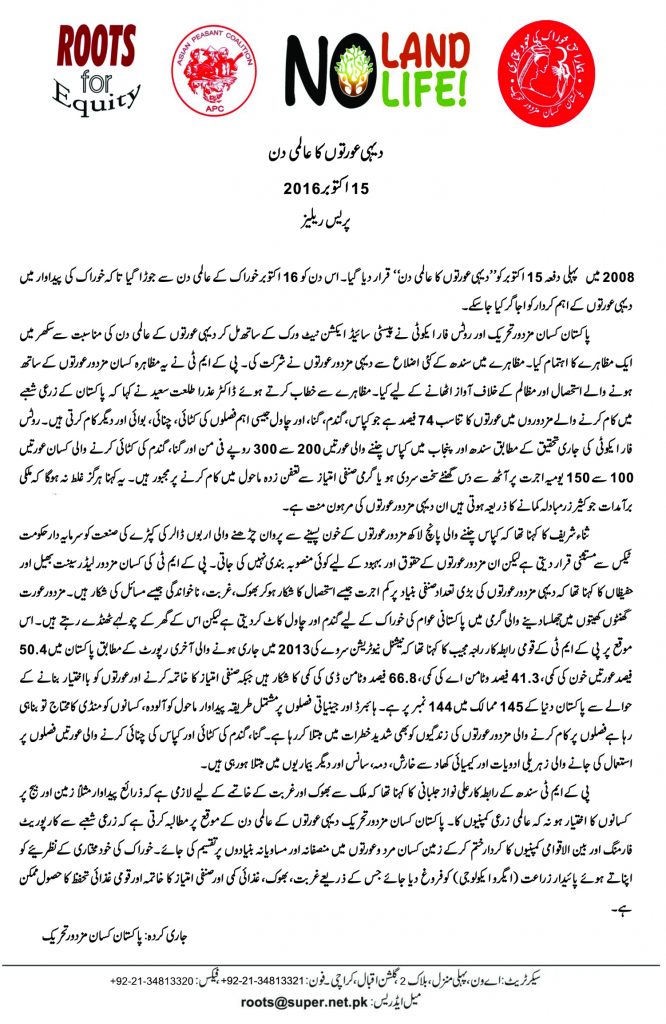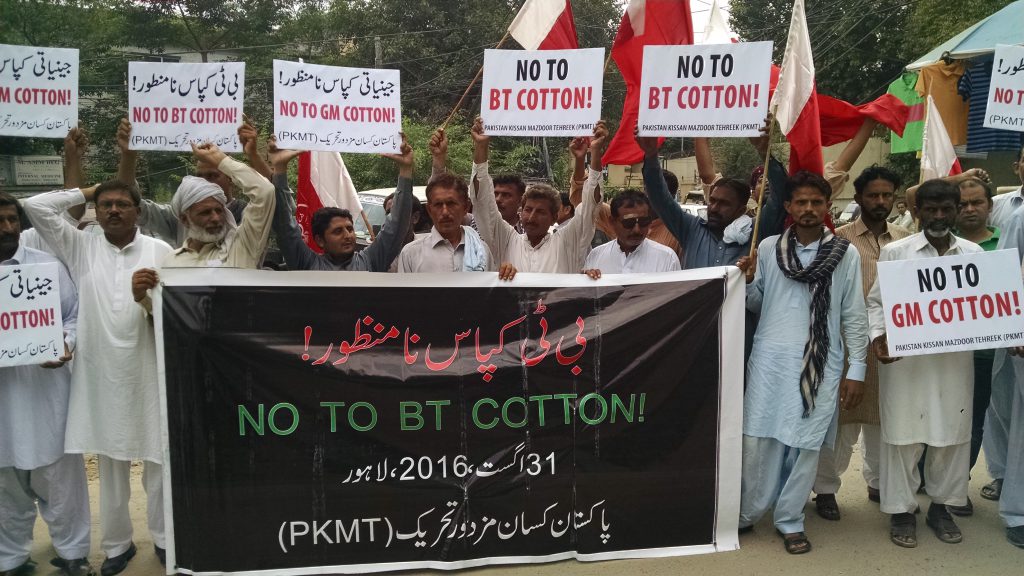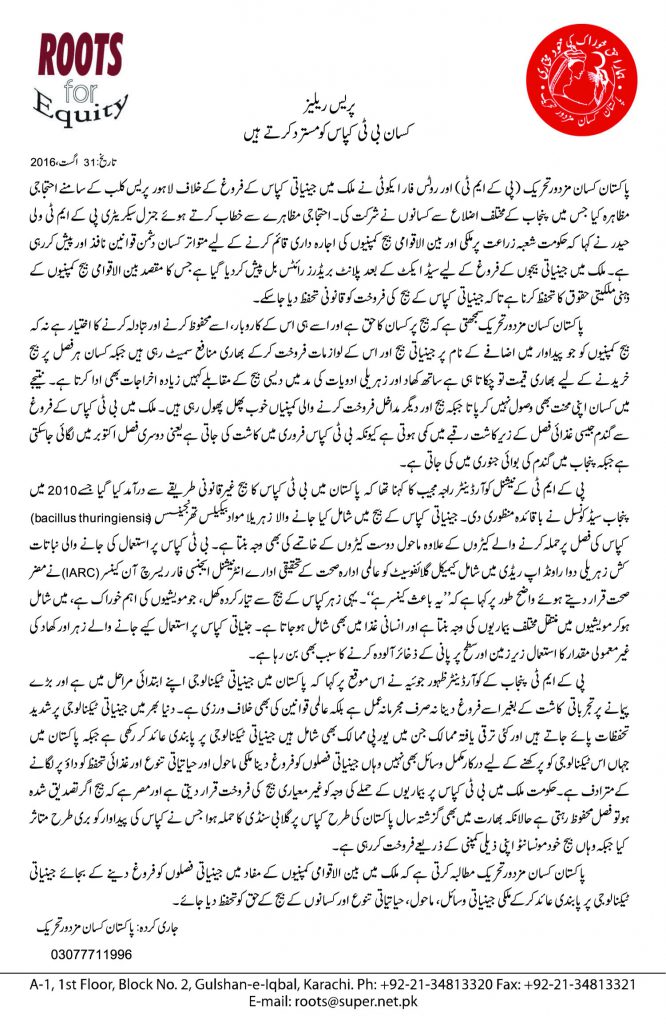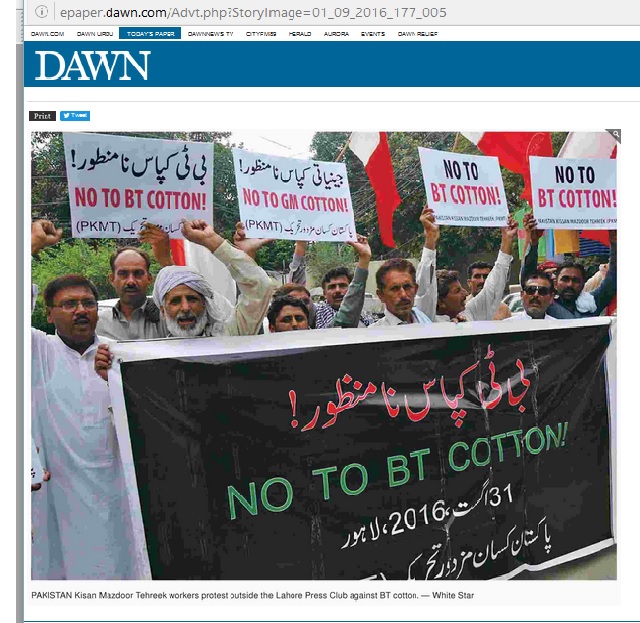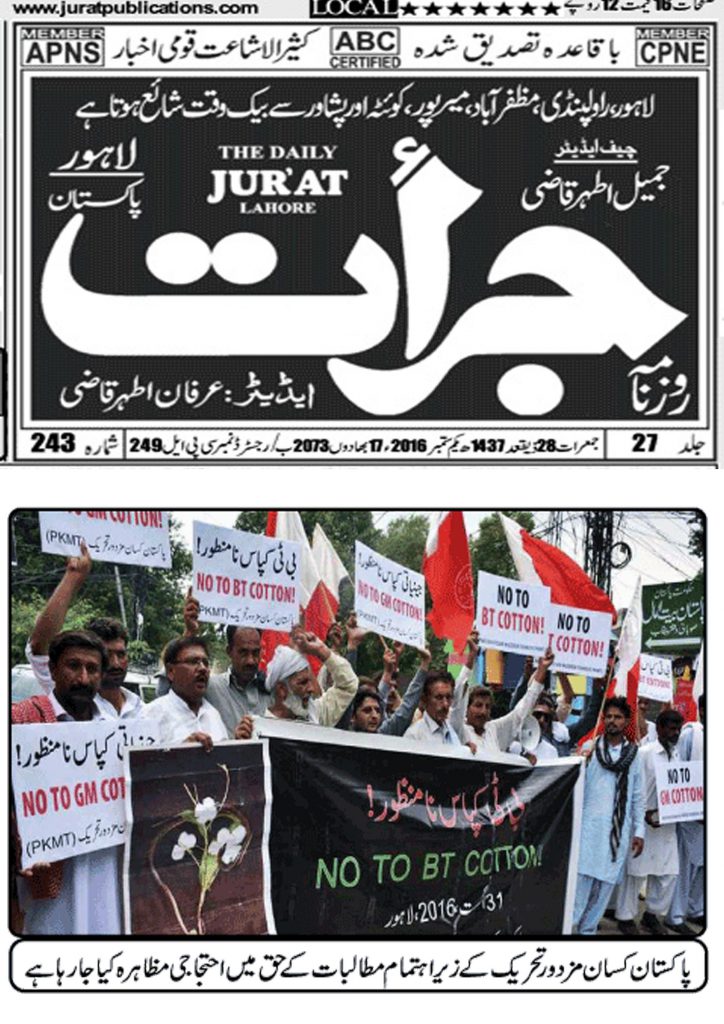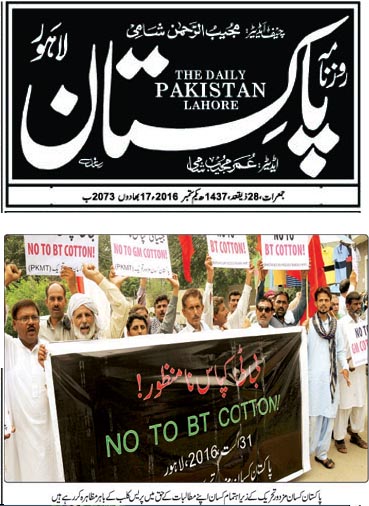By Colin Todhunter Global Research, September 15, 2016
News broke this week that Monsanto accepted a $66 billion takeover bid from Bayer. The new company would control more than 25 per cent of the global supply of commercial seeds and pesticides. Bayer’s crop chemicals business is the world’s second largest after Syngenta, and Monsanto is the leading commercial seeds business.
Monsanto held a 26 per cent market share of all seeds sold in 2011. Bayer (mainly a pharmaceuticals company) sells 17 per cent of the world’s total agrochemicals and also has a comparatively small seeds sector. If competition authorities pass the deal, the combined company would be the globe’s largest seller of both seeds and agrochemicals.
The deal marks a trend towards consolidation in the industry with Dow and DuPont having agreed to merge and Swiss seed/pesticide giant Syngenta merging with ChemChina, a Chinese government concern.
The mergers would mean that three companies would dominate the commercial agricultural seeds and chemicals sector, down from six – Syngenta, Bayer, BASF, Dow, Monsanto and DuPont. Prior to the mergers, these six firms controlled 60 per cent of commercial seed and more than 75 per cent of agrochemical markets.
Alarm bells are ringing with the European Commission putting its approval of the Dow-DuPont deal temporarily on hold, and the US Senate Judiciary Committee is about to hold hearings on the deal due to concerns about consolidation in the industry, which has resulted in increased seed and pesticide prices.
In response to the Monsanto-Bayer merger, US National Farmers Union President Roger Johnson issued the following statement:
“Consolidation of this magnitude cannot be the standard for agriculture, nor should we allow it to determine the landscape for our future. The merger between Bayer and Monsanto marks the fifth major deal in agriculture in the last year… For the last several days, our family farm and ranch members have been on Capitol Hill asking Members of Congress to conduct hearings to review the staggering amount of pending merger deals in agriculture today. We will continue to express concern that these megadeals are being made to benefit the corporate boardrooms at the expense of family farmers, ranchers, consumers and rural economies. We are pleased that next week the Senate Judiciary Committee will be reviewing the alarming trend of consolidation in agriculture that has led to less competition, stifled innovation, higher prices and job loss in rural America… all mergers, including this recent Bayer/Monsanto deal, [should] be put under the magnifying glass of the committee and the U.S. Department of Justice.”
For all the rhetoric that we often hear about ‘the market’ and large corporations offering choice to farmers and consumers, the evidence is restriction of choice and the squeezing out of competitors. Over the years, for instance, Monsanto has bought up dozens of competitors to become the largest supplier of genetically engineered seeds with seed prices having risen dramatically.
Consolidation and monopoly in any sector should be of concern to everyone. But the fact that the large agribusiness conglomerates specialise in a globalised, industrial-scale, chemical-intensive model of farming that is adversely affecting what we eat should have us very concerned. Do we want this system to be intensified even further just because their business models depend on it?
Farmers are increasingly reliant on patented corporate seeds, whether non-GM hybrid seeds or GM, and the chemical inputs designed to be used with them. Monsanto seed traits are now in 80 per cent of corn and more than 90 per cent of soybeans grown in the US. It comes as little surprise then that people in the US now consume a largely corn-based diet: a less diverse diet than in the past, which is high in calorific value, but low in health-promoting, nutrient dense food. This health-damaging ‘American obesity diet’ and the agricultural practices underpinning is now a global phenomenon.
By its very nature, the capitalist economic model that corporate agriculture is attached to demands expansion, market capture and profit growth. And, it must be accepted that it does bring certain benefits to those farmers who have remained in agriculture (if not for the 330 farmers who leave their land every week, according to data from the National Agricultural Statistics Service).
But in the US, ‘success’ in agriculture depends on over $51 billion of taxpayer handouts to over a 10-year period to keep the gravy train on track for a particular system of agriculture designed to maintain corporate agribusiness profit margins. And such ‘success’ fails to factor in all of the external social, health and environmental costs that mean this type of model is ultimately unsustainable. It is easy to spin failure as success when the parameters are narrowly defined.
Moreover, the exporting of the Green Revolution paradigm throughout the globe has been a boon to transnational seed and agrochemical manufacturers, which have benefited from undermining a healthy, sustainable indigenous agriculture and transforming it into a profitable enterprise for global capital.
And not just profitable for global capital – but its company managers too. For example, a few months ago, according to Reuters, Monsanto CEO Hugh Grant could receive more than $70 million if Monsanto were to be taken over by Bayer. At the time, Monsanto said it was open to engaging in further negotiations with Bayer after turning down its $62 billion bid. The report shows how Grant’s exposure to shares and options meant he had an incentive to hold out for the highest possible sale price, which would not only be in the interests of shareholders but also increase the value of his holdings. Other senior figures within Monsanto would also walk away with massive financial gains.
These corporate managers belong to a global agribusiness sector whose major companies rank among the Fortune 500 corporations. These companies are high-rollers in a geo-politicised, globalised system of food production whereby huge company profits are directly linked to the worldwide eradication of the small farm – the bedrock of global food production, bad food and poor health, inequitable, rigged trade, environmental devastation, mono-cropping and diminished food and diet diversity, the destruction of rural communities, ecocide, degraded soil, water scarcity and drought, destructive and inappropriate models of development and farmers who live a knife-edge existence and for whom debt has become a fact of life.
A handful of powerful and politically connected corporations are determining what is grown, how it is to be grown, what needs to be done to grow it, who grows it and what ends up on the plate. And despite PR platitudes about the GMO/chemical-intensive model just being part of a wider mix of farming practices designed to feed humanity, from India to Africaindigenous models of agriculture are being squeezed out (through false argument and deception) as corporate imperialism puts pay to notions of food sovereignty.
We should be highly concerned about a food system increasingly dominated by companies that have a history (seethis on Monsanto and this on Bayer) of releasing health-damaging, environmentally polluting products onto the market and engaging in bribery, cover-ups, monopolistic practices and what should be considered as crimes against humanity?
Despite the likes of Hugh Grant saying the Monsanto-Bayer merger will be good for farmers and “broader society”, most of all it will be good for shareholders and taxpayer-subsidised, state-assisted company profit. That’s the type of hegemonic rhetoric that’s been used down the ages to disguise the true nature of power and its beneficiaries.
It’s not so much the Monsanto-Bayer deal is a move in the wrong direction (which it is), but increasing consolidation is to be expected given the trend in many key sectors toward monopoly capitalism or just plain cartelism, whichever way you choose to look at it. It’s the system of industrialised, capital-intensive agriculture wedded to powerful players whose interests lie in perpetuating and extending their neoliberal economic model that is the real problem.
“We have justified the demise of family farms, decay of rural communities, pollution of the rural environment, and degradation of soil health as being necessary… The problems we are facing today are the consequence of too many people… pursuing their narrow self-interests without considering the consequence of their actions on the rest of society and the future of humanity.” Professor John Ikerd, ‘Healthy Soils, Healthy People
The original source of this article is Global Research
Copyright © Colin Todhunter, Global Research, 2016
http://www.globalresearch.ca/monsanto-and-bayer-why-food-and-agriculture-just-took-a-turn-for-the-worse/5545791
FDA Finds Monsanto’s Weed Killer In U.S. Honey
Carey Gillam,September 15, 2016
The Food and Drug Administration, under public pressure to start testing samples of U.S. food for the presence of a pesticide that has been linked to cancer, has some early findings that are not so sweet.
In examining honey samples from various locations in the United States, the FDA has found fresh evidence that residues of the weed killer called glyphosate can be pervasive – found even in a food that is not produced with the use of glyphosate. All of the samples the FDA tested in a recent examination contained glyphosate residues, and some of the honey showed residue levels double the limit allowed in the European Union, according to documents obtained through a Freedom of Information Act request. There is no legal tolerance level for glyphosate in honey in the United States.
Glyphosate, which is the key ingredient in Monsanto Co.’s Roundup herbicide, is the most widely used weed killer in the world, and concerns about glyphosate residues in food spiked after the World Health Organization in 2015 said its cancer experts determined glyphosate is a probable human carcinogen. Other international scientists have raised concerns about how heavy use of glyphosate is impacting human health and the environment.
Records obtained from the FDA, as well as the Environmental Protection Agency and the U.S. Department of Agriculture, detail a range of revelations about the federal government’s efforts to get a handle on these rising concerns. In addition to honey, the records show government residue experts discussing glyphosate found in soybean and wheat samples, “glyphosate controversies,” and the belief that there could be “a lot of violation for glyphosate” residues in U.S. crops.
Even though the FDA annually examines foods for residues of many pesticides, it has skipped testing for glyphosate residues for decades. It was only in February of this year that the agency said it would start some glyphosate residues analysis. That came after many independent researchers started conducting their own testing and found glyphosate in an array of food products, including flour, cereal, and oatmeal. The government and Monsanto have maintained that any glyphosate residues in food would be minimal enough to be safe. But critics say without robust testing, glyphosate levels in food are not known. And they say that even trace amounts may be harmful because they are likely consumed so regularly in many foods.
The residue issues are coming into the spotlight at the same time that the EPA is completing a risk assessment to determine if use of this top-selling herbicide should be limited. The agency has scheduled public meetings on the matter Oct. 18-21 in Washington. The EPA’s risk assessment report was initially due out in 2015, but still has not been finalized. The agency now says it will be completed in “spring 2017.”
In the records released by the FDA, one internal email describes trouble locating honey that doesn’t contain glyphosate: “It is difficult to find blank honey that does not contain residue. I collect about 10 samples of honey in the market and they all contain glyphosate,” states an FDA researcher. Even “organic mountain honey” contained low concentrations of glyphosate, the FDA documents show.
According to the FDA records, samples tested by FDA chemist Narong Chamkasem showed residue levels at 107 ppb in samples the FDA associated with Louisiana-based Carmichael’s Honey; 22 ppb in honey the FDA linked to Leighton’s Orange Blossom Honey in Florida and residues at 41 ppb in samples the FDA associated with Iowa-based Sue Bee Honey, which is marketed by a cooperative of American beekeepers as “pure, all-natural” and “America’s Honey.” Customers “can be assured that Sue Bee Honey is 100% pure, 100% all-natural and 100% American,” the Sioux Honey Association states.
In a Jan. 8, 2016 email Chamkasem pointed out to fellow FDA scientists that the EU tolerance level is 50 ppb and there is no amount of glyphosate allowed at all in honey in the United States. But Chris Sack, an FDA chemist who oversees the agency’s pesticide residue testing, responded by reassuring Chamkasem and the others that the glyphosate residues discovered are only “technically a violation.”
“The bee farmers are not breaking any laws; rather glyphosate is being introduced by the bees,” Sack wrote in response. “While the presence of glyphosate in honey is technically a violation, it is not a safety issue.”
Sack said the EPA had been “made aware of the problem” and was expected to set tolerance levels for honey. Once tolerance levels are set by EPA – if they are set high enough – the residues would no longer be a violation. When contacted this week, the EPA said there are currently no pending requests to set tolerance levels for glyphosate in honey. But, the agency also said: “there is no dietary risk concern from exposure to glyphosate residues in honey at this time.”
Sioux Honey Vice President Bill Huser said glyphosate is commonly used on farm fields frequented by bees, and the pesticide travels back with the bees to the hives where the honey is produced.
“The industry doesn’t have any control over environmental impacts like this,” Huser said. Most of Sue Bee’s honey comes from bees located near clover and alfalfa in the upper Midwest, he said. Beekeepers located in the South would have honeybees close to cotton and soybean fields. Alfalfa, soybeans and cotton are all genetically engineered to be sprayed directly with glyphosate.
The FDA results are not the first to find glyphosate in honey. Sampling done in early 2015 by the scientific research company Abraxis found glyphosate residues in 41 of 69 honey samples with glyphosate levels between 17 and 163 ppb, with the mean average being 64 ppb.
Bee keepers say they are innocent victims who see their honey products contaminated simply because they might be located within a few miles of farms where glyphosate is used.
“I don’t understand how I’m supposed to control the level of glyphosate in my honey when I’m not the one using Roundup,” one honey company operator said. “It’s all around me. It’s unfair.”
The FDA did not respond to a question about the extent of its communications with Monsanto regarding residue testing, but the records released show that Monsanto has had at least some interaction with the FDA on this issue. In April of this year, Monsanto’s international regulatory affairs manager Amelia Jackson-Gheissari emailed FDA asking to set up a time to talk about “enforcement of residue levels in the USA, particularly glyphosate.”
The FDA routinely looks for residues of a number of commonly used pesticides but not glyphosate. The look for glyphosate this year is considered a “special assignment” and came after the agency was criticized by the U.S. Government Accountability Office in 2014 for failing to test for glyphosate.
The FDA has not released formal results of its testing plans or the findings, but Sack made a presentation in June to the California Specialty Crops Council that said the agency was analyzing 300 samples of corn; 300 samples of soy; and 120 samples each of milk and eggs. He described some partial results achieved through April that showed glyphosate levels found in 52 samples of corn and 44 samples of soybeans but not above legally allowed levels. The presentation did not mention honey. The presentation also stated that glyphosate testing at the FDA will be expanded to “routine screening.”
The USDA also will start testing for glyphosate, but not until next year, according to information the agency gave to the nonprofit group Beyond Pesticides in a meeting in Washington in January. Documents obtained through FOIA show a plan to test in syrups and oils in 2017.
Soybeans and Wheat
Like the FDA, the USDA has dragged its feet on testing. Only one time, in 2011, has the USDA tested for glyphosate residues despite the fact that the agency does widespread testing for residues of other less-used pesticides. In what the USDA called a “special project” the agency tested 300 soybean samples for glyphosate and found more than 90 percent – 271 of the samples – carried the weed killer residues. The agency said then that further testing for glyphosate was “not a high priority” because glyphosate is considered so safe. It also said that while residues levels in some samples came close to the very high levels of glyphosate “tolerance” established by EPA, they did not exceed those levels.
Both the USDA and the FDA have long said it is too expensive and is unnecessary to test for glyphosate residues. Yet the division within the USDA known as the Grain Inspection, Packers & Stockyards Administration (GIPSA) has been testing wheat for glyphosate residues for years because many foreign buyers have strong concerns about glyphosate residues. GIPSA’s testing is part of an “export cargo sampling program,” documents obtained from GIPSA show. Those tests showed glyphosate residues detected in more than 40 percent of hundreds of wheat samples examined in fiscal 2009, 2010, 2011 and 2012. The levels vary, the data shows. GIPSA has also been helping FDA access soybeans to test. In a May 2015 email, GIPSA chemist Gary Hinshaw told an FDA food safety official that “it isn’t difficult to find soybeans containing glyphosate.” In a December 7, 2015 email from FDA chemist Terry Councell to Lauren Robin, also a chemist and an FDA consumer safety officer, Councell said that glyphosate was present even in processed commodities, though “way below tolerance.”
The fact that the government is aware of glyphosate residues in food, but has dragged its feet on testing for so long, frustrates many who are concerned about the pesticide.
“There is no sense of urgency around these exposures that we live with day in and day out,” said Jay Feldman, executive director of Beyond Pesticides.
http://www.huffingtonpost.com/carey-gillam/fda-finds-monsantos-weed_b_12008680.html

